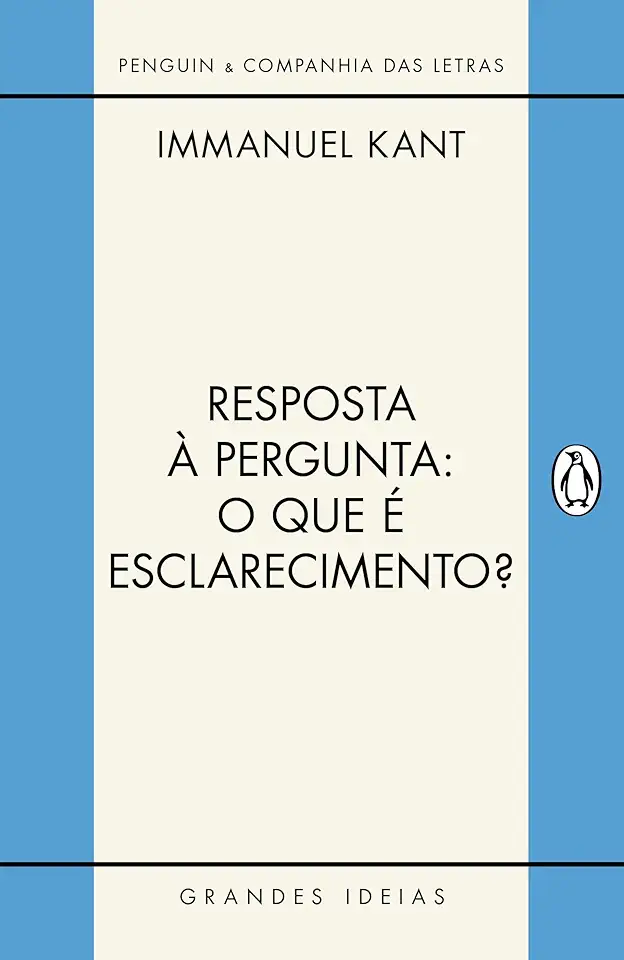
An Answer to the Question: What is Enlightenment? - Kant, Immanuel
An Answer to the Question: What is Enlightenment?
In his seminal work, "An Answer to the Question: What is Enlightenment?", Immanuel Kant delves into the profound concept of Enlightenment, illuminating its essence and significance in shaping human progress and intellectual emancipation. Kant's philosophical exploration provides a compelling invitation to embrace the path of enlightenment, urging individuals to cast off the shackles of ignorance and superstition and embrace the light of reason and critical thinking.
The Essence of Enlightenment
Kant defines Enlightenment as "man's emergence from his self-incurred immaturity." This immaturity, he argues, stems from humanity's tendency to rely on external authorities, such as tradition, dogma, or the dictates of others, rather than exercising their own reason and judgment. Enlightenment, therefore, entails the courageous pursuit of knowledge and understanding, the questioning of established beliefs, and the cultivation of independent thought.
The Courage to Think for Oneself
Kant emphasizes the importance of intellectual courage in the pursuit of Enlightenment. He asserts that "enlightenment is man's leaving his self-chosen minority." This minority, he explains, is the state of intellectual dependence and passivity, where individuals surrender their thinking to others. Kant encourages individuals to have the courage to think for themselves, to question authority, and to engage in critical examination of their own beliefs and assumptions.
The Public Use of Reason
Kant distinguishes between the private and public use of reason. While the private use of reason pertains to individual matters, the public use of reason involves the expression and exchange of ideas in the public sphere. Kant argues that the public use of reason is essential for the progress of Enlightenment, as it allows for the free exchange of ideas, the testing of arguments, and the advancement of knowledge.
The Role of Education
Kant emphasizes the crucial role of education in fostering Enlightenment. He advocates for an education that cultivates critical thinking, encourages intellectual curiosity, and promotes the development of independent judgment. Kant argues that education should not merely impart knowledge, but should also teach individuals how to think for themselves and to question received wisdom.
The Path to Intellectual Freedom
Kant's "An Answer to the Question: What is Enlightenment?" serves as a clarion call for intellectual freedom and the pursuit of knowledge. He urges individuals to cast off the chains of ignorance and superstition, to embrace the light of reason, and to embark on the path of Enlightenment. This path, he argues, leads to intellectual emancipation, personal growth, and the advancement of human society.
Why You Should Read This Book
"An Answer to the Question: What is Enlightenment?" is a must-read for anyone seeking to understand the essence of Enlightenment and its profound impact on human progress. Kant's philosophical insights provide a timeless framework for intellectual exploration and self-discovery. By engaging with this seminal work, readers will gain a deeper appreciation for the importance of critical thinking, intellectual courage, and the pursuit of knowledge.
This book is an essential addition to the libraries of philosophers, historians, educators, and anyone interested in the pursuit of intellectual freedom and the advancement of human understanding.
Enjoyed the summary? Discover all the details and take your reading to the next level — [click here to view the book on Amazon!]